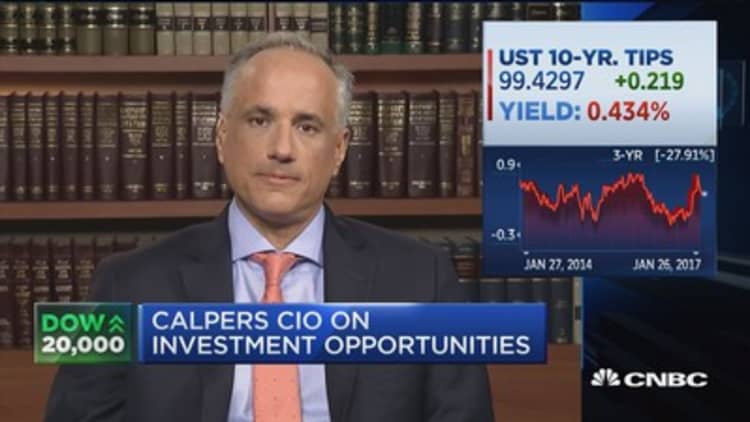A pair of congressmen announced an effort to block federal rules that make it easier for states to start savings plans for private-sector employees who lack a 401(k).
Rep. Tim Walberg (R-Mich.), chairman of the House Subcommittee on Health, Employment, Labor and Pensions, and Rep. Francis Rooney (R-Fla.), announced a joint resolution on Feb. 8 to stop a Labor Department rule that broadens the accessibility of individual retirement accounts.
The Department of Labor's regulation was originally released last August. It established a road map for states to set up IRAs that participants would fund through payroll deductions.
These IRAs are similar to the accounts already available to investors: They have contribution limits of $5,500 each year, plus $1,000 if you're 50 and over.
Federal law complexity
The rule that governs 401(k) plans — the Employee Retirement Income Security Act of 1974 — has kept states from moving forward with payroll deduction IRAs. This was because it wasn't clear how these state-based plans would be subject to ERISA.
"When something is subject to ERISA, it becomes expensive to maintain," said Marcia Wagner, managing director of The Wagner Law Group in Boston.
The DOL's rule from last summer would keep ERISA from pre-empting state law. These jurisdictions already have their own regulations for retirement plans which would apply to the IRAs.
"Employers will face a confusing patchwork of rules, and many small businesses may forgo offering retirement plans altogether," Rooney said in a statement. "Congress must act to protect workers and small businesses from these misguided regulations."
State-based saving
Eight states have enacted legislation to build a retirement savings program for workers. They are California, Connecticut, Illinois, Maryland, Massachusetts, New Jersey, Oregon and Washington state.
The Golden State's Secure Choice program is one of the newest efforts to be put in place. California Gov. Jerry Brown signed a state bill into law last September, establishing the program.

AARP, an organization that represents the interests of older Americans, blasted the joint resolution in a letter to members of Congress.
"The lack of options to save for retirement at work is a persistent problem that demands action today," wrote Nancy A. LeaMond, AARP's executive vice president, in the letter. "States desire flexibility to move forward with innovative reforms – Congress should not curtail state efforts to promote retirement savings."


